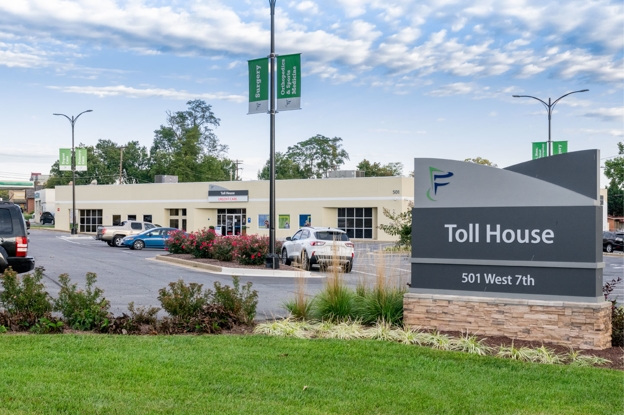Supportive & Geriatric Care
What Is the Supportive & Geriatric Care Philosophy?
The focus is to ease the suffering that results from illness and improve the quality of life for those with advanced and chronic medical conditions. Provide symptom management for those with physical, emotional, and spiritual suffering through patient-centered relationships.
Who Benefits from Supportive & Geriatric Care?
Anyone with chronic or life-threatening illness experiencing symptoms due to the illness itself or secondary symptoms as a result of treatment for the disease.
How Do I Get Supportive & Geriatric Care?
Ask your provider for a supportive care referral or call us at 301-360-2574
What is the difference between Supportive Care & Hospice?
Supportive care can be helpful at any time during a patient’s advanced or chronic illness and is centered around symptom management and quality of life. It can be provided at the same time as treatment that is meant to cure the patient, enhancing well-being and improving quality of life. In fact, studies have shown that incorporating supportive care with conventional medical treatment prolongs survival. Patients and their families both can benefit from an improved sense of well-being.
Hospice care always incorporates supportive care, but is focused on caring terminally ill patients who no longer seek a cure for their illness, and are expected to live for about six months or less. Both supportive care and hospice can be appropriate for patients with cancer or other end-stage diseases such as severe congestive heart failure, COPD, stroke, Parkinson’s disease, Alzheimer’s disease, dementia, kidney disease, cancer, and many others.
Services:
- Providing an extra layer of support.
- Determining what matters most to the patient and aligning that with the patient’s plan of care.
- Helping and completing Advanced Care Planning.
- Emotional and psychological support to patients with potentially life-threatening, life-changing, or terminal illnesses and those directly involved in their care.
- Reviewing medications to ensure that they don’t interfere with mobility and/or what matters.
- Preventing, identifying, treating, and managing dementia, depression, and delirium.
- Ensuring that the patient moves safely every day in order to maintain function and do what matters most to the patient.
Patient Resources:
- Patient Registration Form
- HIPAA Authorization Form
- Personal Medical History
- Palliative Care: YOU Are a BRIDGE Video
- Age-Friendly Health System
- Advanced Directives
- Free Educational Offerings
For information on how to receive Supportive & Geriatric Care
call
301-360-2574.
All Frederick Health Services
- Anticoagulation Clinic
- Audiology Care
- Behavioral Health
- Birth Place
- Breast Cancer
- Cancer Care
- Cancer Care - Conditions & Treatments
- Cancer Care - Prevention & Screenings
- Cardiac Catheterization & Electrophysiology Lab
- Cardiac Rehabilitation
- Chest Surgery
- Colorectal Cancer
- Comprehensive Care Center
- CyberKnife Stereotactic Radiosurgery System
- Dental Clinic
- Diabetes
- Ear, Nose & Throat
- Emergency Services
- Employer Solutions
- Endocrine & Thyroid
- Forensic Nursing
- Gastroenterology
- General Surgery
- Heart Care
- Home Care
- Hospice
- Hospitalists
- Imaging
- Infectious Disease
- Infusion Therapy
- Interventional Cardiology
- Knowing the Signs of Sepsis
- Laboratory
- Leukemia Lymphoma
- Lung Cancer
- Medical Group
- Medical Oncology
- Medical Weight Loss
- Neurosciences
- NICU
- Nursing
- Oncology & Hematology
- Orthopedics & Sports Medicine
- Ovarian Cancer
- Pediatric Care
- Physical Therapy & Sports Rehab
- Precision Medicine & Genetics
- Prenatal Clinic
- Primary Care
- ProMotion Fitness
- Prostate & Urological Cancer
- Pulmonary Medicine
- Pulmonary Rehab
- Radiation Oncology
- Skin Cancer
- Sleep Medicine
- Smoking Cessation Program
- Stroke Care
- Stroke Program
- Substance Use
- Supportive & Geriatric Care
- Surgical Care
- Surgical Oncology
- Urgent Care
- Urology
- Vascular
- Virtual Visit
- Walk-in Radiology
- Women's Health
- Wound Care & Hyperbaric Medicine


